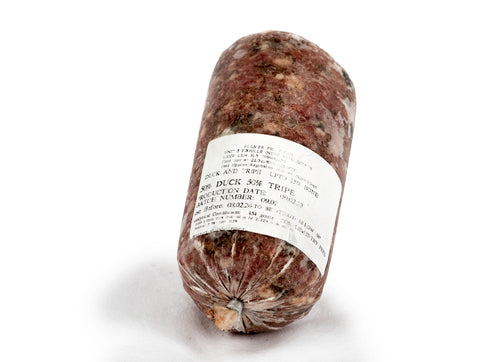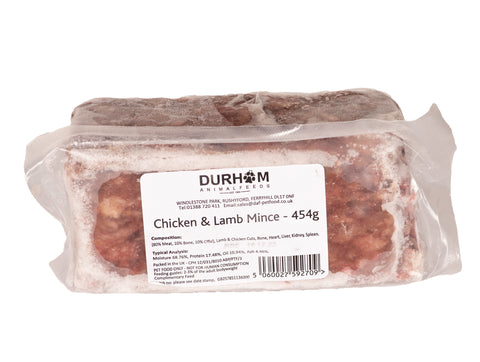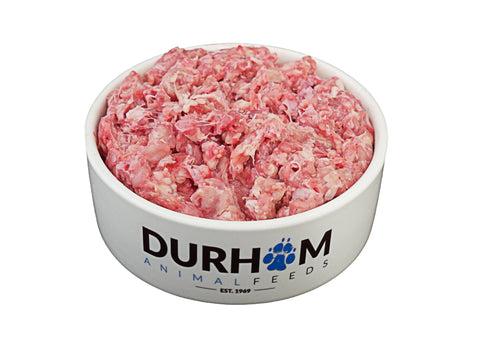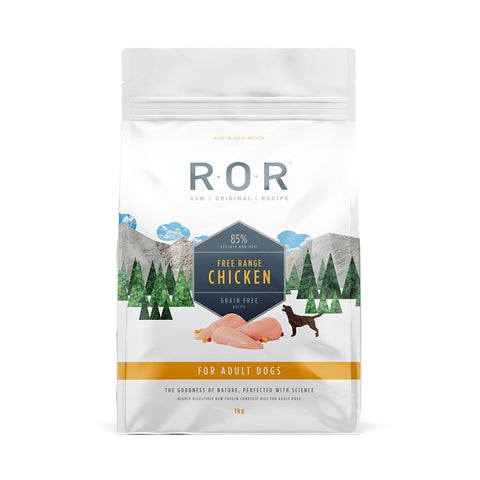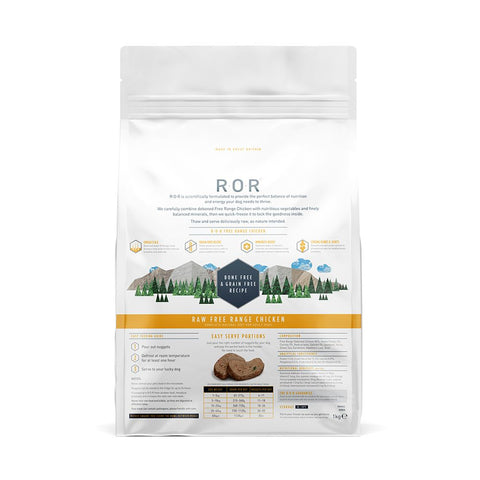Guide To Caring For Bengalese Finches

The most popular finch kept in the UK is the Zebra Finch, which originates from Australia. Another popular breed, the Bengalese Finch, is not seen in the wild as it is a product of many years of selective, captive breeding.Finches live in flocks and should not be kept singly ñ they should be kept in pairs in cages or as small groups in aviaries, and can also be kept with canaries
Shopping List
- Cage and cage stand
- Cage cover
- Water pot
- Seed pot and guard
- Perches
- Bath
- Food
- Toys
- Sand/sand sheets
- Grit
- Cuttlefish
- Mineral block
- Pet-safe disinfectant
- Book on finch care
General Care
Moult: This is a natural occurrence where the bird changes its feathers and is usually problem-free. The process can take several weeks and the bird will become quieter and spend more time resting. An abnormal moult can be caused by sudden shock or fright, disease or extremes of temperature. Feathers: Feathers should not be allowed to become too dry. You can use a suitable fine mist spray together with a special solution to spray on, your pet shop can advise you on suitable products. Some finches do enjoy a bath, but not all of them. Colds: The bird will be listless, with feathers fluffed up and wheezing if it catches a cold. Keep him warm, do not bath and consult with your vet immediately. Diarrhoea: This is commonly caused by an excess of green, mouldy or contaminated food, a change in diet or lack of fresh water. Keep him warm, make sure he has plenty of fresh water and consult your vet. Mites: This is a parasite that feeds on birdsí blood causing itching, weight loss, and feather loss. Mites are easy to destroy with a suitable spray and your pet shop or vet will advise. Toenails: Overgrown claws need to be clipped. If left they will endanger the bird by becoming caught in the cage wire. Care must be taken when cutting nails to avoid cutting the blood vessels and nerves. Consult your vet or pet shop.
Choosing Your Finches
A healthy finch should be: Bright and alert Have no signs of discharge from the eyes or nostrils Have a clean vent area Feathers should be flush to the body and not be fluffed up Should have no signs of breathing problems The movement should be fluent with no signs of lethargy
Housing
Finches can be housed in a cage or an outside aviary. A roomy cage is advisable and should be large enough for your birds to stretch their wings and fly from perch to perch The cage should be furnished with perches of different thickness so the birds can exercise their feet. You can also use fruit tree branches as perches, such as pear or apple, but do ensure they have not been soiled by wild bird droppings. Do not place perches directly above food and water pots. Put a few toys inside the cage but do not overcrowd it. Try buying a selection of toys and rotating them to avoid boredom. Sand sheets or cage bird sand should be placed in the bottom of the cage and replaced regularly. The cage and furnishings should be thoroughly cleaned and disinfected with a pet safe disinfectant weekly, although droppings should be removed daily. A removable tray will make cleaning easier. Outside aviaries must have a sheltered section to provide protection from wind, rain and strong sunlight. This is where you should position the roosting site (the highest perch or nest box) and the food containers. Aviaries should also have a paved floor with a sunken wire mesh to prevent vermin and a double-door entry system for added safety. Bengalese and Zebra finches are keen bathers and shallow dishes should be provided.
Introducing Your Finches To Their New Home
Always take your birds home in a carry box, not in a cage. Before introducing your finches to their new home, fill the food and water pots and sprinkle a little extra onto the floor, to ensure that they have enough to eat until they find the seed pots. Make sure all windows and doors are closed and fires are guarded. Gently open one end of the carry box and let your birds walk into their new home. If they appear anxious or do not settle, drape a cloth over three sides of the cage until they settle. Leave them to adjust to their new setting quietly for a few hours. Care should be taken not to disturb your finches at night. Night fright can cause the birds to fly into the cage wire, so cover the cage at night.
Food And Water
In the wild, finches feed on a variety of seeds, including seedling grasses and leaves of plants. Your pet finches will require a good mixture of seeds to ensure they are getting all the nutrients they need ñ a good quality foreign finch mixture should be available from your pet shop. Check the seed dishes daily, removing any empty husks, and refill as necessary. Both the food and water pots will need washing regularly. Millet sprays can be given as a treat as can honeybells and seed bars. Fresh thoroughly washed green-food may be given, such as chickweed and dandelion, but be very careful not to overfeed. Your birds will also require a good supply of mineralised or oyster shell grit, which helps to digest their food. Cuttlefish bones should be supplied too as it is a source of calcium and helps to keep the beak worn down and maintain strong bones. Bird specific vitamin supplements are available and may be added to the drinking water or mixed with fruit or vegetables. Fresh water should always be available. The Animal Welfare Act 2006 means all pet owners have a legal duty of care to their pets. Anyone who is cruel to an animal or is found not to be providing the five animal welfare needs, as listed below, can be fined and sent to prison.
The Five Animal Welfare needs:
- Environment: Pets should be given the correct housing according to its size, this includes shelter, space to exercise and a secure, comfortable place to rest.
- Diet: Pets should be offered the correct type and volume of food to cover all their nutritional needs alongside access to clean, fresh water.
- Behaviour: All pets should be allowed to exhibit normal behaviour patterns and should be provided with the facilities to do so.
- Company: Some animals require the company of their own kind, whilst others should be kept on their own.
- Health: All animals should be protected from pain, suffering, injury, and disease, and given veterinary treatment if they become sick or injured.
Credit to The Pet Charity www.thepetcharity.org.uk Registered Charity No: 1052488

